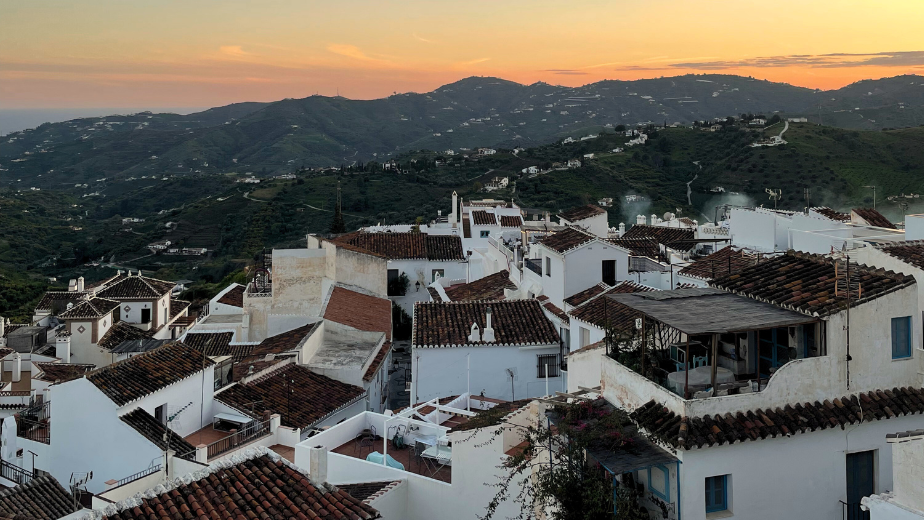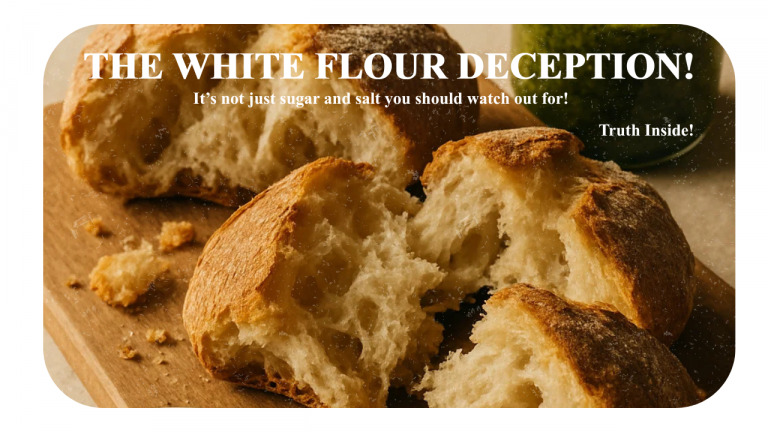
I’ve always been environmentally conscious. Recycling, properly disposing of food waste, reusing what I could, minimizing waste…these habits have always felt like second nature to me. I come from a very eco-friendly, green country, where taking care of the planet was instilled in me from a young age. I still remember school days spent cleaning up our surroundings as part of class projects – it left a mark on me, and I’m grateful for that. 🍃🌍💚
Since moving to Spain, however, I’ve become very aware of the differences in sustainability practices, and it’s inspired me to pay even closer attention to how I live and interact with the environment here.
When I was staying at a hostel in the south of Spain, recycling really caught my attention. We had three small bags – plastic, paper, and organic – but at the end of the day, everything ended up in the same bin outside the hostel. It didn’t make any sense to me.
Because if all the waste ends up in the same place, it doesn’t matter how carefully we sort – it’s all for nothing. That’s what makes it so frustrating. Recycling only works if there’s a proper system behind it.
👉 Why is recycling important?
Every time we recycle, we need fewer new materials – like cutting down fewer trees or digging less from the earth. That means less energy used, fewer greenhouse gas emissions, and less pollution overall. If we don’t recycle, most of our waste goes into landfills, which are just giant piles of trash. Those piles take up space and release harmful gases. Recycling keeps things out of landfills and gives them a “second life.”
♻️ If every single person recycled properly, here’s what would happen:
- Way less trash in landfills. Landfills would shrink dramatically because most of what we throw away (plastic, paper, glass, and metal) could be reused instead of being dumped.
- Huge resource savings. We wouldn’t need to cut down as many trees, drill for oil, because we’d already have materials ready to reuse.
- Cleaner air and water. Recycling uses less energy than making things from scratch, which means fewer factories pumping out pollution and greenhouse gases.
- Less plastic in the oceans. So much plastic ends up in rivers and seas. If recycled, that plastic would never reach the water in the first place.
- A big climate win. Recycling everywhere would cut down greenhouse gas emissions, which helps slow down climate change.

❗Seeing how poorly the recycling system worked in that town made me realize that my experience wasn’t an isolated case. Across Spain, the situation is mixed: while the country has a color-coded bin system – yellow for plastic and metal, blue for paper, green for glass, brown for organic waste, and gray for general trash – the system works better in some regions than in others. Overall, Spain’s recycling rate is still below the EU average, with only about 36-40% of municipal waste being recycled, compared to the EU target of 55% by 2025. Plastic waste is particularly problematic in coastal areas like Andalusia and the Balearic Islands, where tourism contributes to large amounts of litter. It’s clear that there is still room to improve both in the system and people’s awareness, as well as their habits.
🦋 Although things aren’t perfect yet, let’s look at this from a more hopeful angle. Spain has banned many single-use plastics, like straws, cutlery, and plastic plates. There are also zero-waste stores and refill shops in bigger cities, where people are encouraged to bring their own containers, choose reusable products, and make more sustainable choices in their daily lives. Community-led initiatives, like beach cleanups and composting programs, are also becoming increasingly popular, showing how people are taking action to protect the environment. It’s encouraging to see these changes, and they show that small actions can add up to make a big difference. 🌱

💡Reflecting on my hostel experience in the south of Spain, the truth is, we can’t always control what happens after the trash leaves our hands, but we can control the way we consume.
That experience showed me firsthand how imperfect recycling can be, but it also reminded me that we still have the power to make a difference in small ways every day.
👉 What I learned about recycling in Spain from that incident:
- Reduce waste in the first place and make thoughtful choices as a consumer – it often has a bigger impact than recycling alone. Buy products with minimal packaging, choose reusable items instead of single-use ones, plan meals to avoid food waste…
- Reuse what you can.
- Ask questions, speak up when you notice problems; it can slowly push things in the right direction.
- Support businesses that do it properly.
💡Every little choice we make as consumers matters, and together, small changes can have a big impact on the environment. 🌍
💌 Today’s note: Even small actions, like carrying a reusable water bottle or bag, add up – especially in a country where tourism produces so much waste. Think of it as doing your part for the planet, with your future self and generations to come thanking you too. 💚🌺


